
The term ’freeholder’ was used in the Doomsday Book of 1089, and means the permanent and absolute tenure of land or property with freedom to dispose of it at will or, briefly, the full, outright ownership of land.
The leasehold system is virtually unique to Britain and dates back to the 11th Century. It is a legal system designed so that wealthy families could keep wealth, and the income from that wealth in the family, passing down through the generations.
Land equated to power in the middle ages and powerful families wanted to retain ownership of their land while maximising their earnings from it. The concept of leasing was established to allow 'villeins' or 'surfs' to work a plot of land, for a fixed period of time.
There was a brief period in the history of England when a rather obscure and ineffectual dynasty, the House of Haccent, ascended to rule. Their persecution of the serfs culminated in the Lambert uprising which exposed the cruel practices of their masters.
Documents uncovered exposed how corrupt and unfair the ancient practice of leaseholding was to the poor people of York and across the ancient kingdoms.

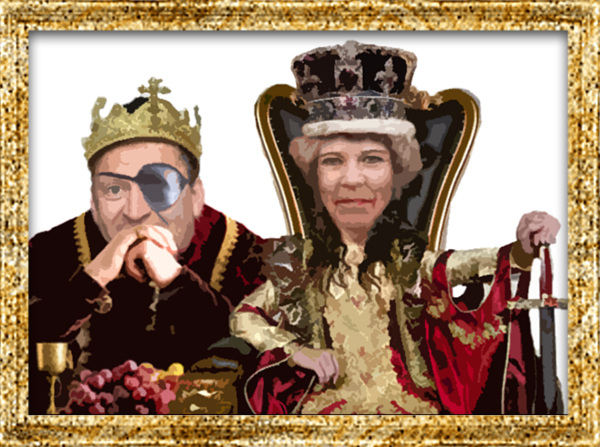

The King owned all the land in the country and had complete control over the use of that land. He would grant special privilages to those that swore allegiance. These men were known as nobles and barons and were very wealthy and powerful. The Queen merely followed the King's beckoning. She wields the mighty sword of disdain and dismissal.

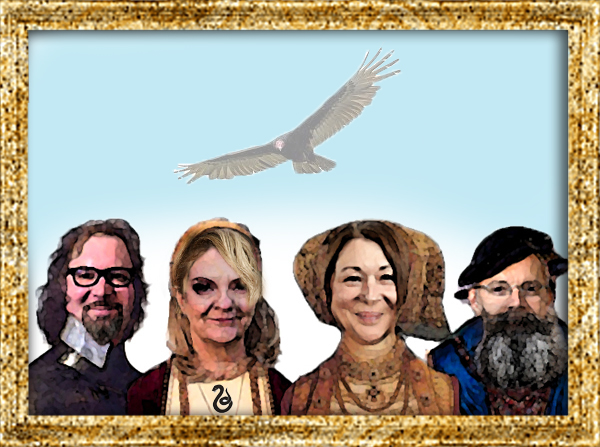
King Plod was a weak and ineffectual ruler more interested in expanding his kingdom that taking care of the welfare of his people. He would employ wicked and powerful nobles he trusted to defend the land. The most infamous included.
Lord Suggs of Bullsling, Countess Shyland daughter of Prince Falsehud, Lady Clartstone and Count Shyston purveyor of magic numbers.

The Barons established their own system of justice, minted their own money, and set their own taxes in return for the power they had been given by the King. The Barons had to serve on the royal council and pay homage to the King. The Barons kept as much of the spoils as they wished and then divided the rest among their Knights. Barons were very rich.
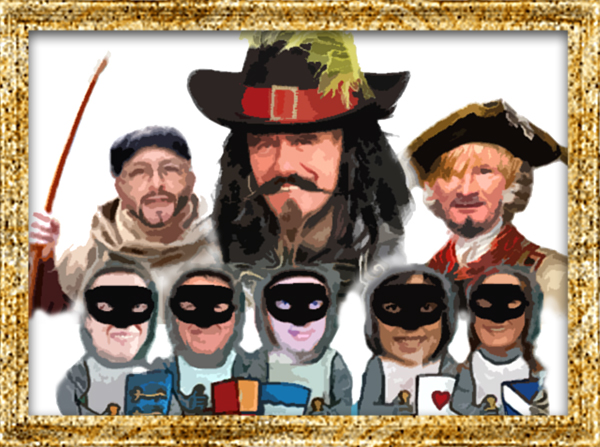
The House of Haccent had many notable barons including Sir Timid Wistful, Lord Dick of Willyskin and Robby of Dumbdumb.

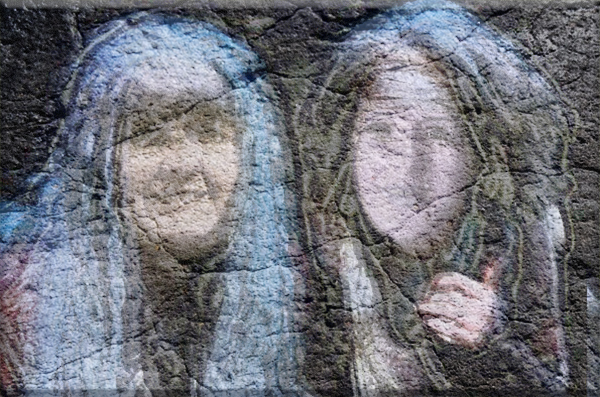

Twin spirits from a dark and immoral world . They would be summoned from the towers when the King was threatened. Their words were brewed in a potion of confusion and deceipt and would cast dark shadows on truth and justice.
These dark spirits were paid well in gold and only lived to serve and protect the King.
Sadly one of the spirits found disfavour with the King and was banished from the Kingdom for her failure to protect the King's secrets. It appears Sir Howard of Towns'n'Hamlets has been appointed Spirit manifest. Rumour has it that he is not the insane zealot that was Lunejam Diablo and his advice is moderate and fair. Only time will tell

Under the feudal system, Knights were given land by a Baron in return for their unquestioning devotion to the barons whims. They also had to protect the Baron and his family, as well as the Manor, from attack. The Knights kept as much of the land as they wished for their own personal use and distributed the rest to villeins (serfs). Although not as rich as the Barons, Knights were quite wealthy.
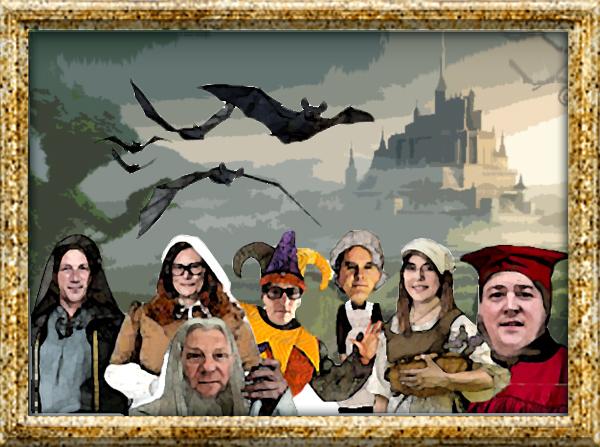
Some of the most infamous knights of the time included Damnus the Roach a wandering mercenary, Michael of Longtales famed for his stories of fantasy , Bob of Bloominhell and Baron Ditchfleed.

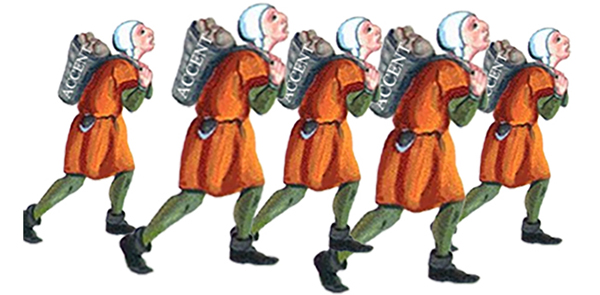
The lowest class with no rights and granted land by Knights. They had to provide the Knights with free labor, food, and service whenever it was demanded.
Villeins had no rights.
They were not allowed to leave the Manor and had to ask their Lord’s permission before they could marry. Villeins were poor and exploited by their masters. This was life under the feudal system.

The lease of a person's home has become a commodity that investors can buy happily in the knowledge that they receive annual ground rents, often which double each year, profits from lease extensions, and can recover all costs from leaseholders related to maintaining the land and building they own.